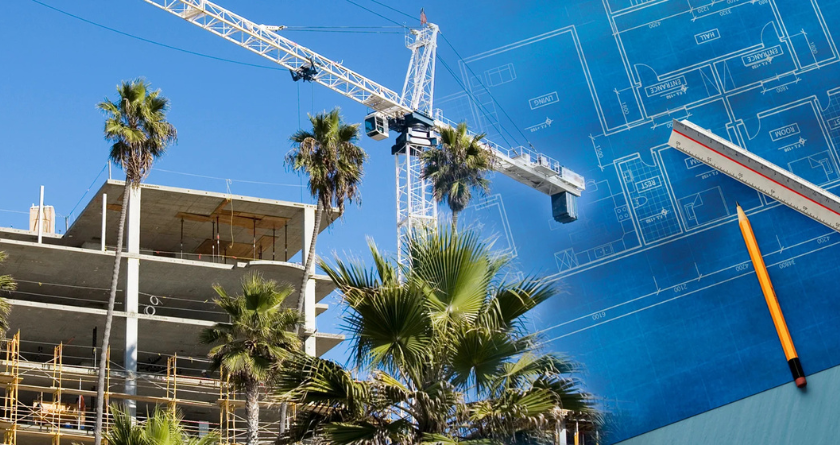
California is ushering in major changes for private construction by implementing two new state laws on contracts executed on or after January 1, 2026 — Civil Code Sections 8850 and 8811. These laws reshape payment processes, dispute resolution, and retention rules for most private projects statewide.
.jpg)
The changes exclude only residential and mixed-use developments under four stories, meaning the majority of commercial and industrial builds will be impacted.
Section 8850 was introduced early in 2025 and quickly gained momentum in Sacramento before being signed into law by Governor Gavin Newsom on October 10. The legislation seeks to ensure “prompt and fair” compensation, reduce costly legal disputes, and “promote[] economic stability within the construction industry and ensure efficient project completion.”
Whether the law will solve long-running payment friction or trigger new disagreements “remains to be seen.” Still, it creates a strict framework for how contractors and owners must handle claims.
A “claim” covers requests for:
Once a contractor provides documentation:
If mediation fails, arbitration or litigation may proceed — but delayed payments can have steep consequences.
Section 8850 introduces enforcement teeth not previously available in private contracts:
• Contractors can suspend work, without penalty, if the owner fails to pay or avoids required mediation — after following notice procedures.
• Unpaid amounts accrue 2% interest per month — 24% annually — potentially applied retroactively if disputed funds are later ruled valid.
Legal experts warn this financial pressure could reshape dispute strategies. A large claim left unresolved could accumulate millions in additional cost.
The rules cannot be waived in advance — any attempt to avoid compliance is void under state law.

The second new law, Section 8811, targets retention — the amount withheld from progress payments as a performance safeguard.
Key requirements:
Public projects in California have operated under a similar cap for years, but private owners had broad discretion until now. There are only narrow exceptions, primarily when subcontractors fail to provide a required bond.
Industry leaders say the rule will ease cash-flow pressures that have long strained smaller contractors.
Attorneys expect legal challenges around:
Some fear unintended consequences — including owners rushing to pay under protest or facing sudden project shutdowns.
Law firms stress that construction stakeholders must immediately revise their standard contract language. Provisions that conflict with the statutes will be automatically invalid.
Owners, contractors, and subcontractors should ensure teams are trained before January 2026 to avoid costly violations and project disruptions.
Originally reported by Jones Day.